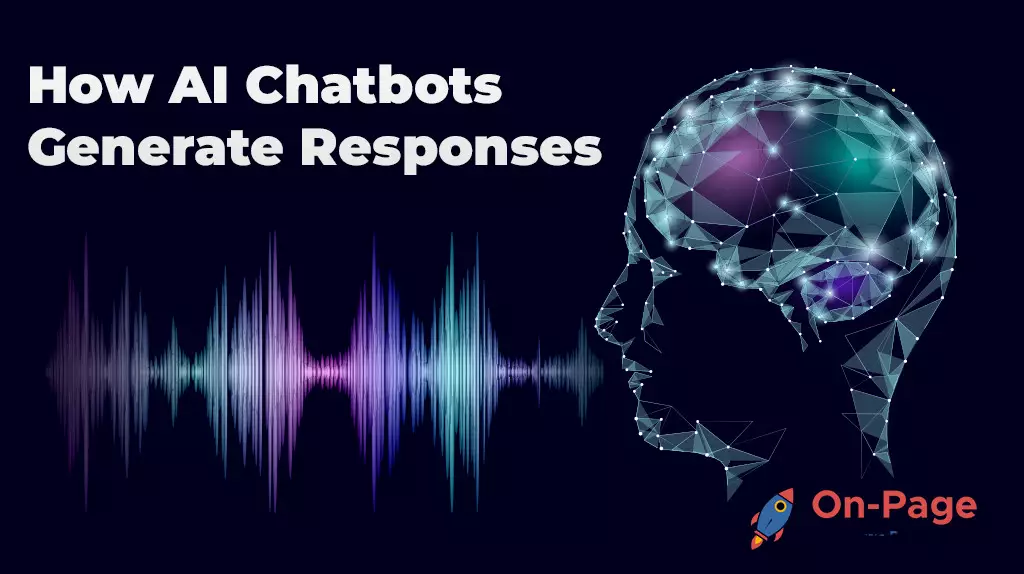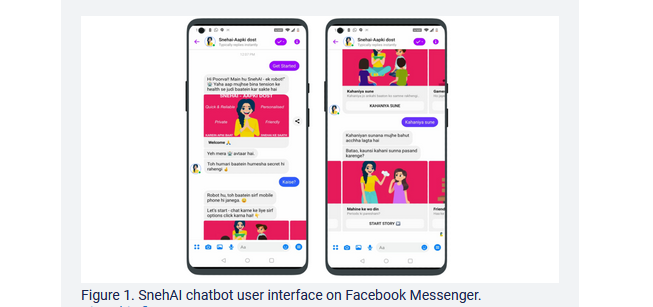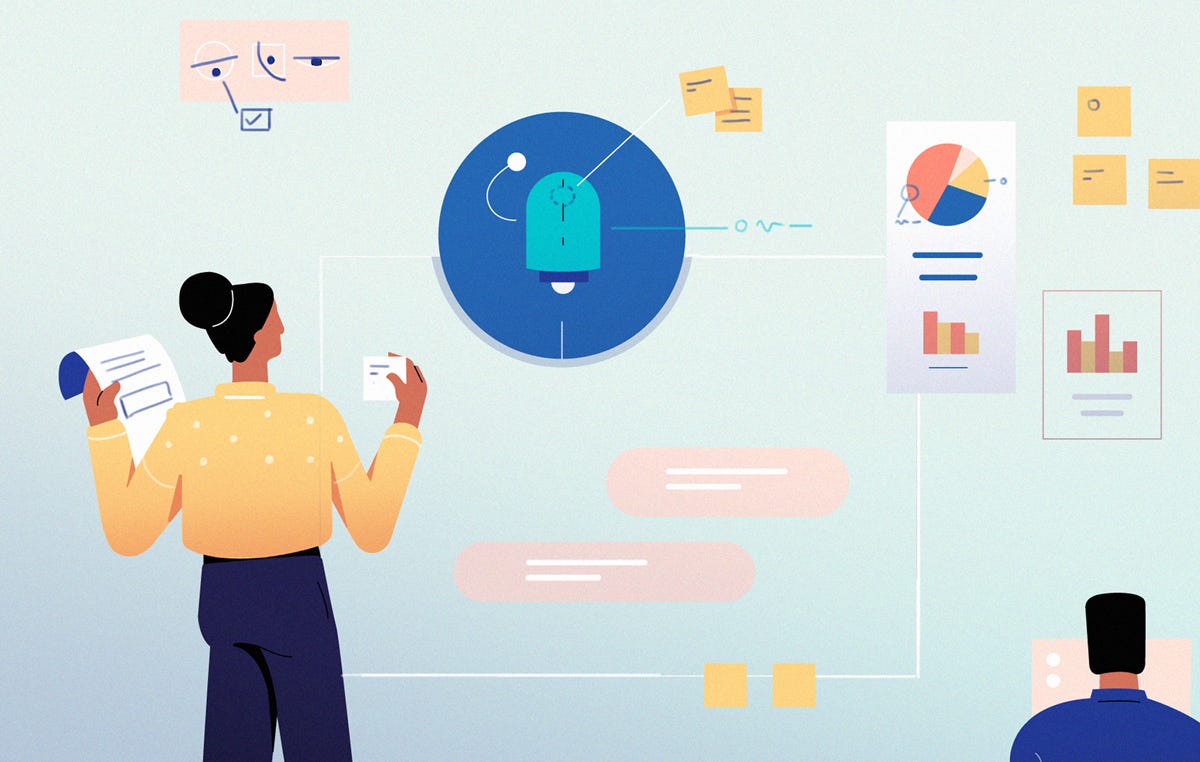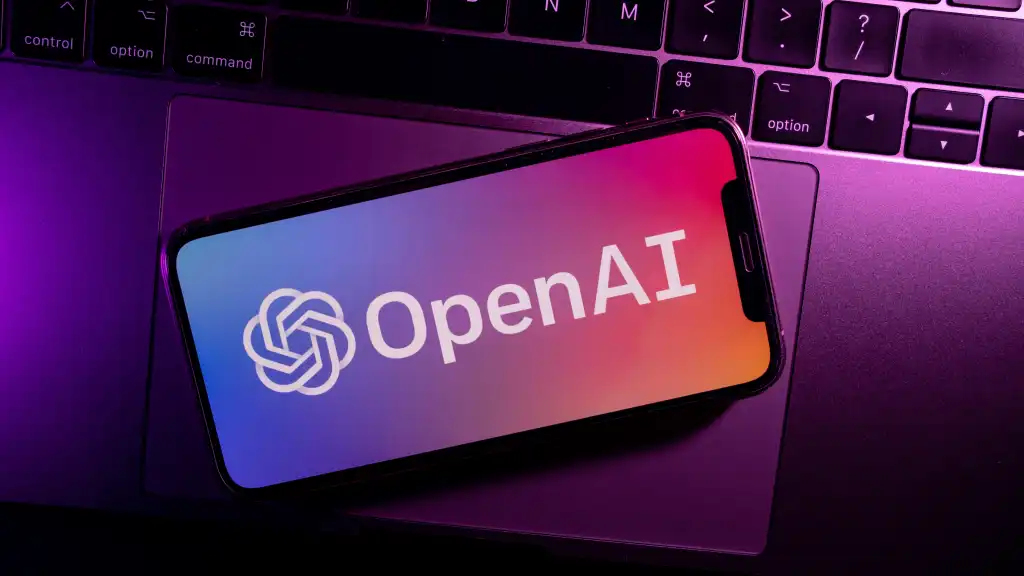
ChatGPT Sends Millions to Verified Election News, Blocks 250,000 Deepfake Attempts
AI
Zaker Adham
09 November 2024
08 July 2024
|
Zaker Adham
Summary
Summary
A few months ago, a young Black gay man in a southern state reached out for help through his phone, sharing concerns he might have hesitated to voice in person at his local clinic. "I'm struggling with my relationship with sex," he typed, seeking immediate and non-judgmental support. "Sometimes it feels impulsive, and I end up doing things I don't really want to do."
"You're not alone, honey," came the quick reply, adorned with a pink heart and sparkle emoji. "It takes courage to speak up." The response directed him to a professional and added, "I'm here to strut the runway of health information and support, but I'm not equipped to deep dive into emotional oceans."

This exchange is just one example of how the AIDS Healthcare Foundation (AHF) is leveraging a unique AI-powered chatbot to provide sexual health and HIV care. Designed to handle a variety of tasks, from scheduling appointments to delivering test results, this AI tool also offers educational information on sexually transmitted infections (STIs). Notably, the chatbot embodies the persona of a drag queen, adding an element of acceptance and non-judgmental empathy.
"Drag queens embrace acceptance and authenticity," says Whitney Engeran-Cordova, AHF's vice president for public health, who conceptualized the drag queen persona for the chatbot. "You're getting the unvarnished, empathetic truth." Since its introduction, thousands of patients across 15 states have opted to use this "conversational AI" service.

Developed using OpenAI’s GPT-4 large language model, the chatbot was fine-tuned with input from drag performers, popular shows like "RuPaul’s Drag Race," and staff familiar with drag culture. A pilot study at seven clinics in four states revealed that nearly 80% of users preferred the drag queen persona over a standard AI.
This initiative represents a groundbreaking use of AI in patient care, particularly in reaching underserved communities. The chatbot provides a safe space for patients to ask questions and receive vital health information, potentially close to the moment of need. For example, users can inquire about safe sex practices just before an encounter.

Despite concerns about AI’s potential risks, such as biases or errors, AHF and Healthvana, the tech company behind the chatbot, ensure rigorous testing and constant calibration. They avoid giving medical advice, focusing instead on providing reliable information and support.
Health experts like Nirav Shah from Stanford Medicine emphasize the benefits of such tools, noting that the oversight provided by AHF is more comprehensive than typical online health searches, which can be influenced by paid sponsorships and SEO.

The chatbot’s development and implementation are being documented for a forthcoming research paper, aiming to set benchmarks for AI tools in healthcare. Engeran-Cordova underscores the importance of careful testing to avoid propagating medical discrimination or bias, especially when serving communities of color.
While it’s too early to measure the chatbot’s impact on health outcomes, plans are in place to study its effects on STI testing patterns and medication adherence. Engeran-Cordova is also mindful of the potential backlash from conservative groups but remains focused on the chatbot’s mission to facilitate sensitive health conversations.

In a lighthearted moment during an evaluation session, the chatbot chose its own drag name: "Glitter Byte." This playful approach, combined with its crucial support role, aims to make health information accessible and engaging for all users.

AI
Zaker Adham
09 November 2024

AI
Zaker Adham
09 November 2024

AI
Zaker Adham
07 November 2024

AI
Zaker Adham
06 November 2024